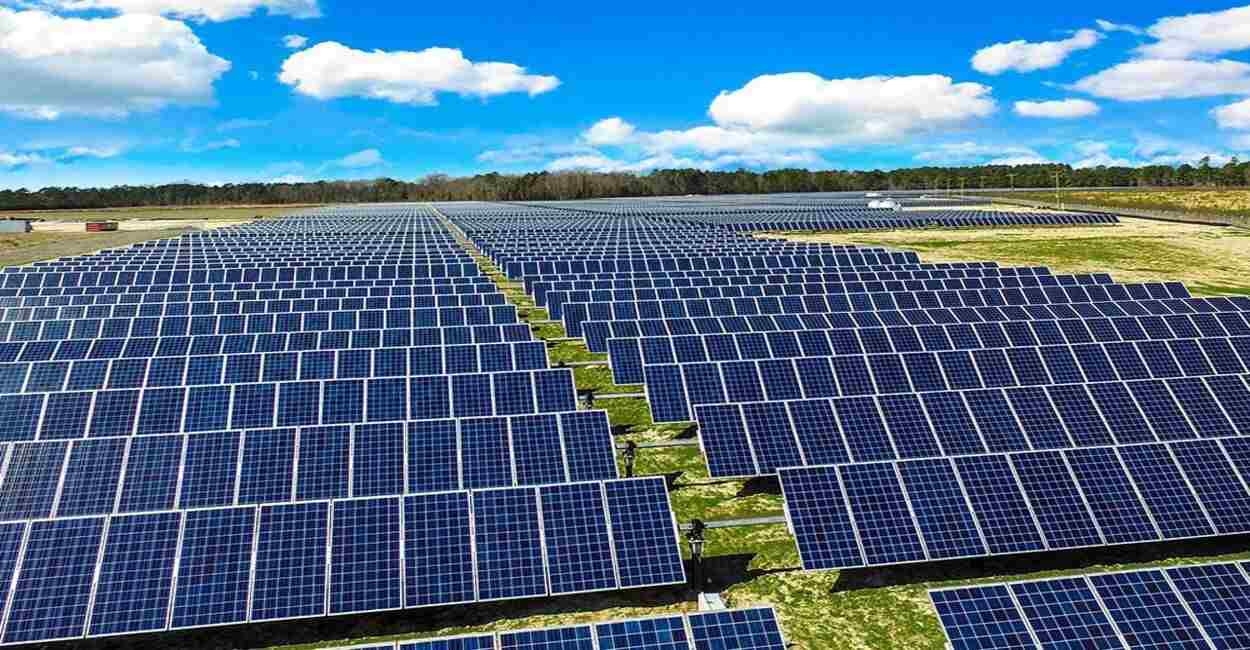Explore Affordable Solar Solutions with Simply Solar Illinois for Residences
Solar Energy 101: A Newbie's Overview to Sustainable Power Solutions
As the globe significantly moves in the direction of sustainable energy services, comprehending the fundamentals of solar energy comes to be crucial for both people and organizations. This guide provides an extensive summary of solar power, outlining the different systems available and the mechanisms behind their operation. By discovering the advantages of solar technology, alongside the financial motivations and installment procedures, one can obtain a more clear point of view on exactly how to properly incorporate this renewable energy into their energy approach. Nevertheless, the journey toward adopting solar energy welcomes further exam of the challenges and considerations that include it.
Understanding Solar Power
At its core, recognizing solar power includes comprehending the fundamental concepts of exactly how sunshine can be exchanged usable electricity. Solar power is stemmed from the sunlight's radiation, which can be utilized through different modern technologies. The primary system for this conversion is the solar impact. This sensation takes place when sunlight strikes semiconductor materials, usually silicon-based, within solar cells. The power from the sunshine delights electrons in the semiconductor, permitting them to move openly and create direct current (DC) power.

Comprehending solar power likewise involves identifying its environmental benefits. By making use of sunshine, we can reduce greenhouse gas exhausts and lower air pollution, adding to a much more sustainable future. The improvements in modern technology and effectiveness of solar systems remain to improve their feasibility, making solar power a progressively attractive alternative for international power requirements.
Types of Solar Energy Systems
Different kinds of solar power systems are commonly employed to harness solar energy for electricity generation. The primary classifications consist of solar (PV) systems, focusing solar power (CSP) systems, and solar thermal systems.
Photovoltaic systems make use of solar panels composed of silicon cells that transform sunlight directly into electricity. These systems are flexible and can be mounted on roofs, ground installs, or incorporated right into structure materials.
Concentrating Solar Power systems, on the other hand, utilize mirrors or lenses to concentrate sunshine onto a tiny location, generating heat that drives a heavy steam wind turbine to create electrical energy - Simply Solar Illinois. CSP systems are commonly released in massive power plants and call for direct sunshine, making them much less suitable for cloudy areas

Each sort of solar energy system has its one-of-a-kind qualities, applications, and suitability depending on geographic area, energy requirements, and budget, making it vital to evaluate alternatives based upon details conditions. - Simply Solar Illinois

Advantages of Solar Power
Harnessing solar power via various systems not only provides a lasting way to generate electrical energy yet likewise offers a wide variety of benefits. Among the most substantial benefits is the decrease in greenhouse gas exhausts, adding to a cleaner atmosphere and combating climate change. Solar energy is sustainable, implying it is limitless and offered as long as the sun beams, unlike fossil gas, which are limited and diminishing.
Furthermore, solar power can lead to significant cost savings why not look here over time. Homeowners and organizations can lower their power costs dramatically, and in lots of instances, they may make credit reports for excess power produced through internet metering. In addition, the solar market creates work, from manufacturing to installment, boosting local economic situations.
Another engaging advantage is energy freedom. By producing their very own electrical power, people and areas can lower dependence on external energy resources, improving durability against fluctuating energy prices and supply interruptions. Furthermore, solar power systems call for very little upkeep, making them a practical alternative for sustainable energy generation.
Installment Process Summary
The installment process for solar power systems typically entails several essential actions that make sure reliable integration into a residential or commercial property. At first, a comprehensive website analysis is performed to evaluate the roof covering's alignment, shading, and structural stability, which are important to enhancing photovoltaic panel performance. Following this analysis, the style phase starts, where a tailored solar power system is configured based upon the property owner's power requirements and choices.
As soon as the design is settled, the required permits and approvals are obtained from neighborhood authorities, ensuring conformity with regulations. The actual installation includes installing the photovoltaic panels on the roofing or ground, connecting them to an inverter, and integrating the system with the residential or commercial property's electric More Info arrangement. This stage might additionally entail installing battery storage systems, depending on the style.
After setup, a thorough assessment is conducted to verify the system's functionality and security. Ultimately, the system is appointed, and home owners are enlightened on its procedure and maintenance. With the installment total, the solar power system can begin producing renewable resource, adding to sustainability and minimizing utility costs. This structured strategy ensures that solar systems are both effective and trustworthy, maximizing their lasting benefits.
Financial Rewards and Cost Savings
Discovering the financial incentives and savings connected with solar power systems can substantially improve the appeal of making the switch to renewable resource. Various rewards exist at federal, state, and local levels, designed to minimize the preliminary expenses linked with solar installation. One of the most remarkable incentives is the government solar tax credit history, which permits homeowners to deduct a portion of their solar system setup prices from their government taxes. Since 2023, this credit stands at 30%, offering considerable cost savings.
In enhancement to tax obligation credit ratings, several states provide rebates that can better lower upfront expenditures. Some energy business also provide performance-based rewards, fulfilling solar power production over time. Funding alternatives, such as solar loans and leases, permit customers to install systems with little to no deposit, making solar power extra easily accessible.

Long-lasting financial savings are another important variable. By producing their very own electricity, property owners can dramatically reduce and even eliminate their regular monthly power bills. Furthermore, planetary systems can raise home worths, supplying a strong roi. Overall, the combination of rewards and cost savings makes solar power a financially eye-catching choice for many homes.
Conclusion
In conclusion, solar energy stands visit this web-site for a crucial element of lasting energy options, offering a pathway towards minimized carbon impacts and enhanced environmental defense. The varied kinds of solar power systems, paired with substantial economic motivations, help with wider adoption amongst people and areas. Comprehending the installation processes and advantages connected with solar power equips stakeholders to make educated decisions. Inevitably, the shift to solar power not only promotes environmental responsibility however also promotes economic financial savings and energy independence.